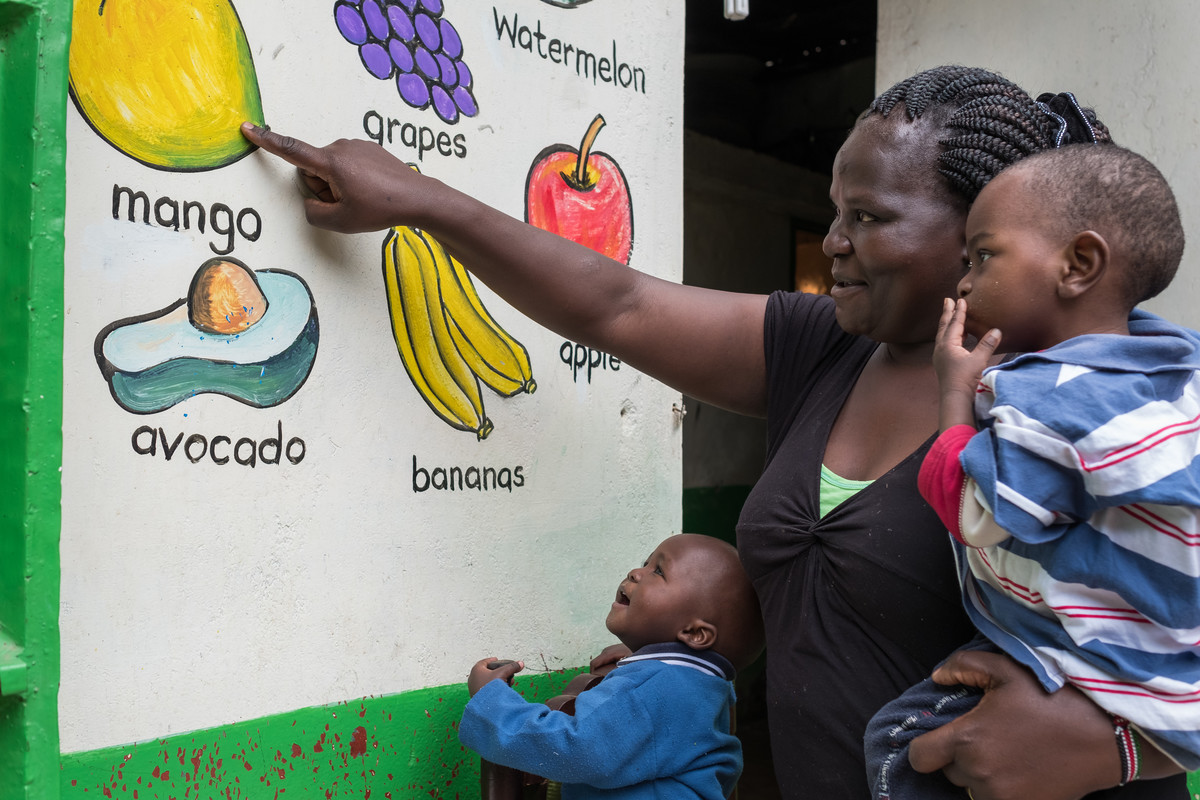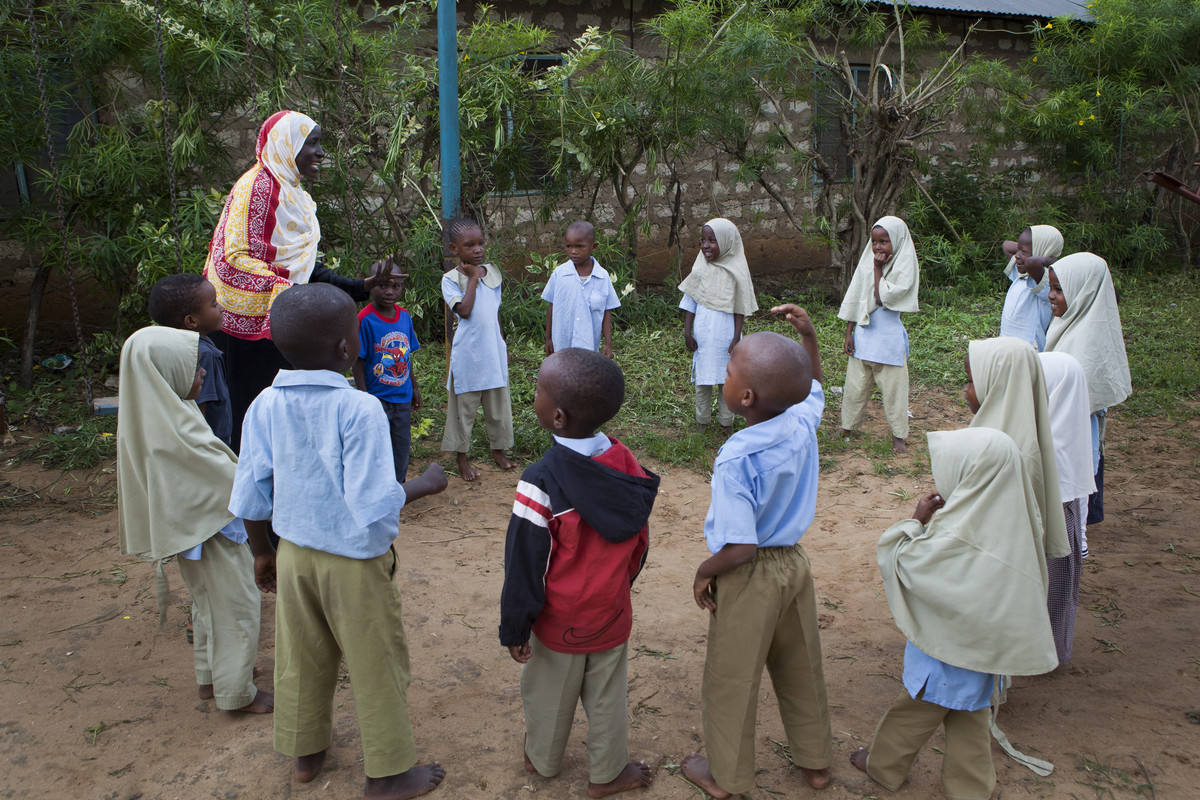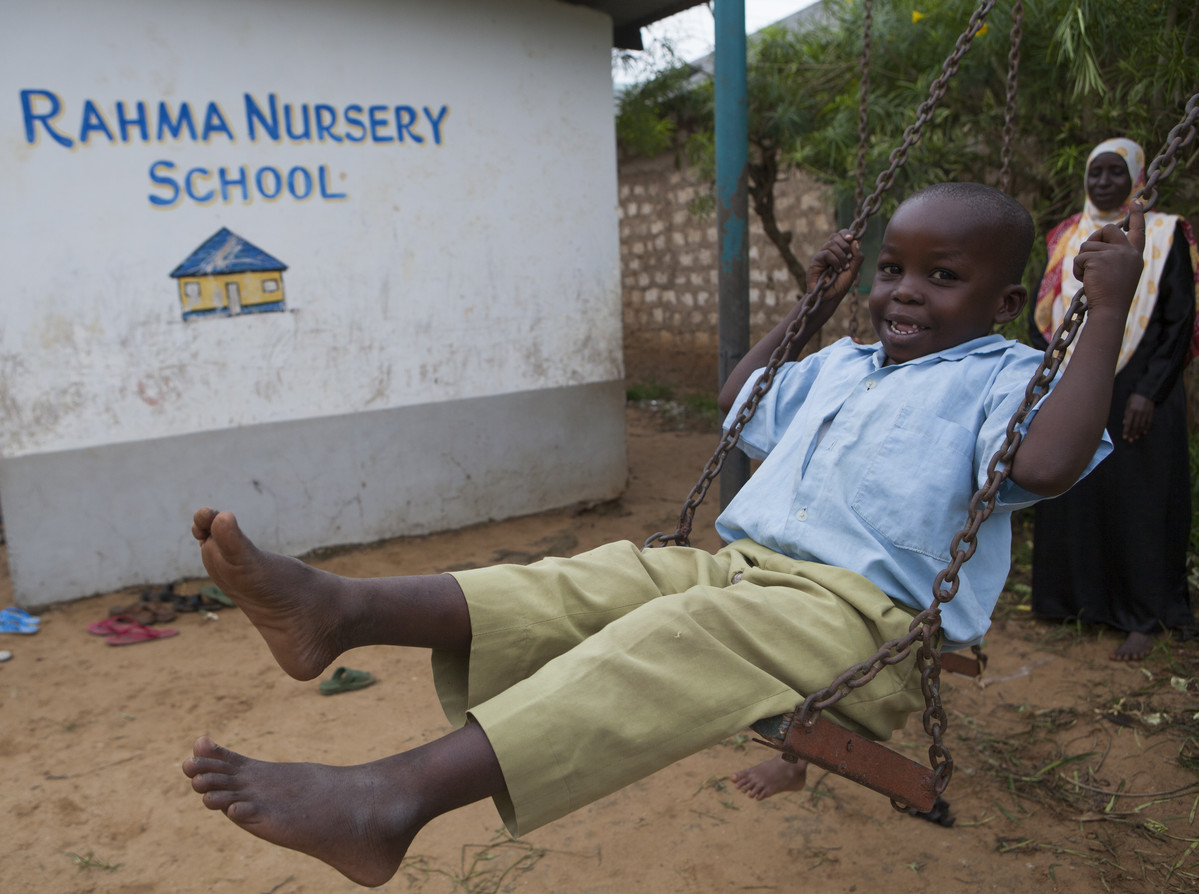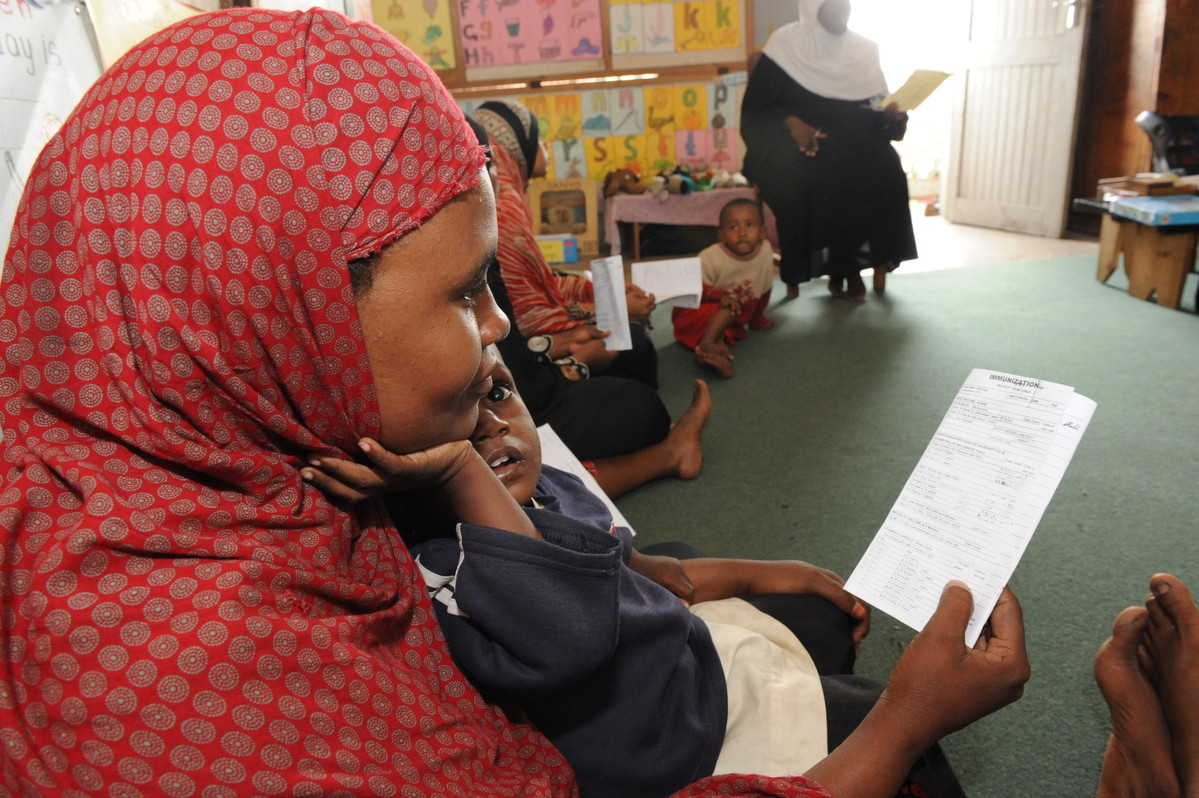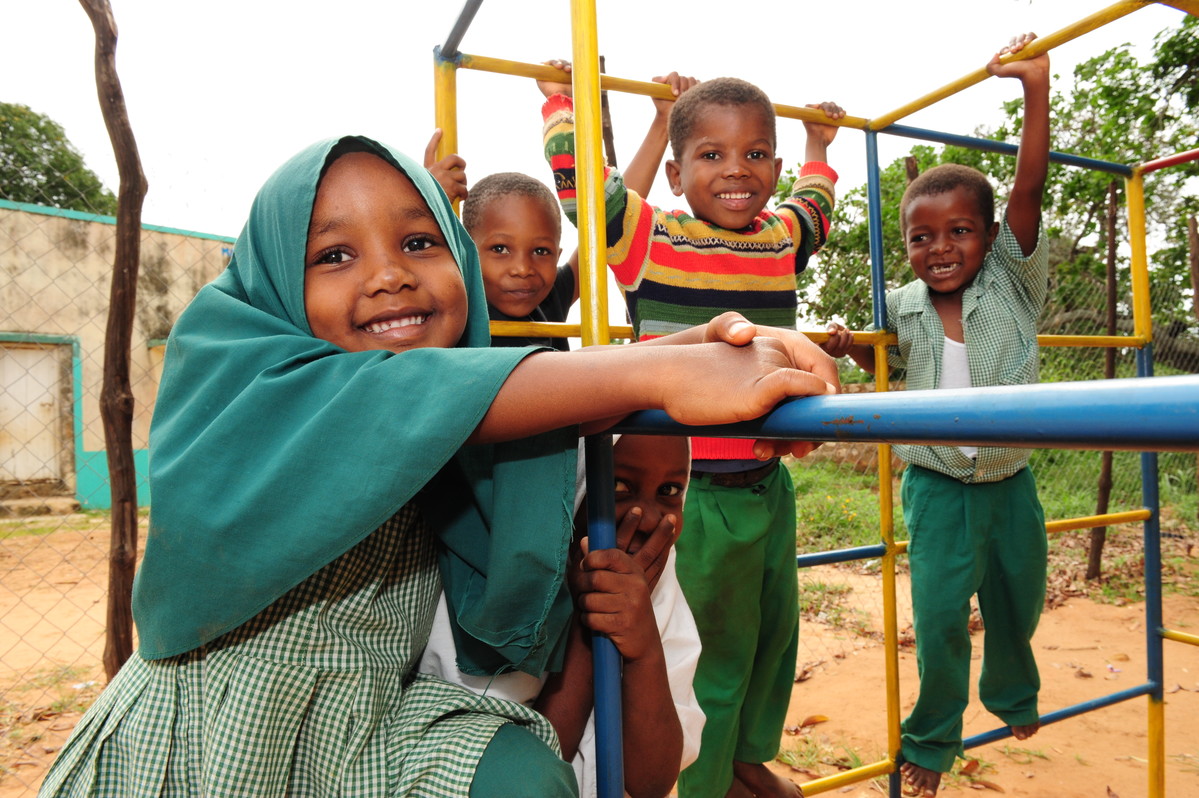As schools and care centres closed, MECP-K had to work quickly to ensure continuity of care for young children and their families. Whilst the approach across all of AKF’s geographies was similar, in each location AKF and partners worked to ensure that the response addressed context-specific needs and circumstances.
Rapid Assessment Surveys
Immediately following school closures, F4L and GAC supported MECP-K in conducting two rapid assessment surveys with 17 ECD Officers, 67 ECD teachers and 263 parents throughout four counties to determine stakeholders’ concerns and respond accordingly. Findings indicated anxieties around reduced learning opportunities for children and parents’ desire to best support their out-of-school children. The surveys also assessed community awareness of how to prevent the spread of COVID-19 and revealed the need to tackle misinformation in some areas.
Creating and distributing ECD and health resources
In some communities, particularly in the early days of the pandemic, there was confusion about how the virus was spread. MECP-K identified that reliable information about COVID-19 needed to be distributed widely. They created colourful posters to communicate eight key messages adapted from the AKDN COVID-19 Response Framework. Posters aimed to raise awareness about the virus, how to minimise the transmission of coronavirus, how to deal with stress, ways for families to practice good self-care during the pandemic, parenting tips for engaging with children, and activities and ideas to support their children’s at-home learning.
MECP-K distributed the posters digitally through social media, WhatsApp and SMS, reaching 857 parents and caregivers. A total of 480 posters were printed and displayed in community centres, clinics, and schools to reach those without access to digital platforms or mainstream media channels.

